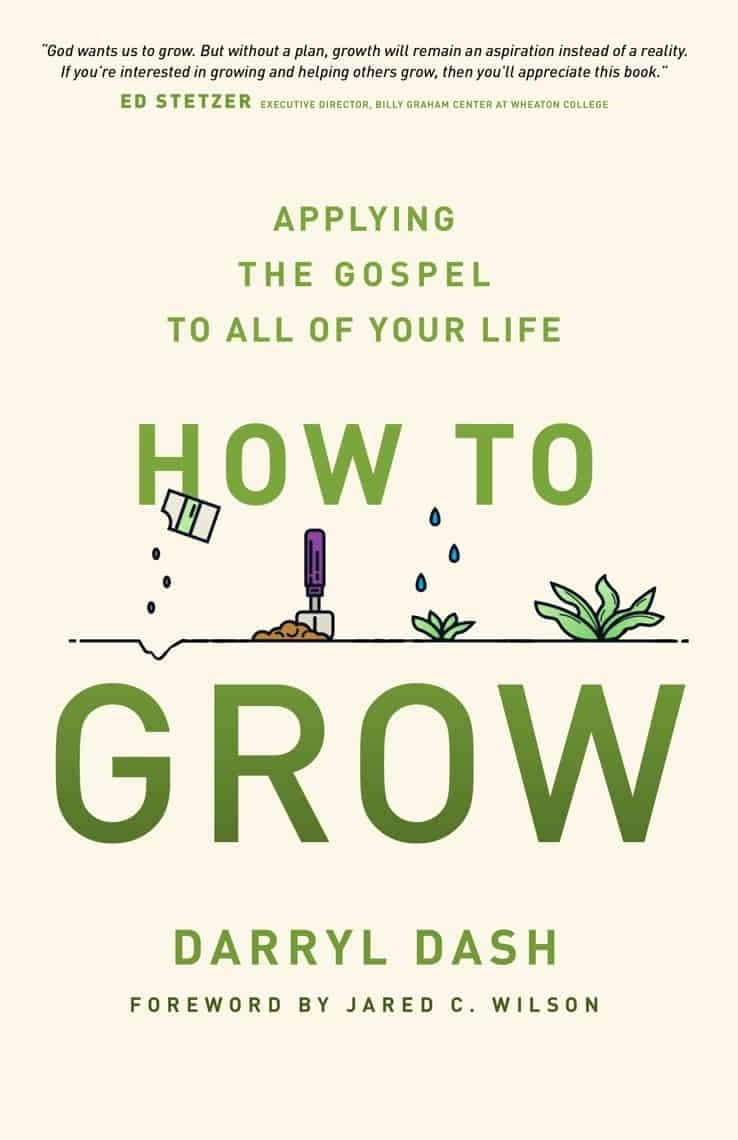How Habits Either Stunt or Start Your Growth

We live by habit. We’re not even aware of it, but we do. All of us—the overwhelmed, imperfect, structured, spontaneous, rigid, and flexible—are already expert habit-keepers. The issue isn’t whether habits will work for us or not. They already do.
Scientists estimate that about 40 percent of our activities are performed each day in almost the same situations. In other words, almost half of our lives are run by habit. Habits aren’t just for disciplined people. We all operate by habit. We all look for behaviors that work, and then begin to repeat those actions. Habits help free up our attention from routine tasks so we don’t have to rethink the same decisions every day.
A habit, according to the Oxford Dictionary, is “a settled or regular tendency or practice, especially one that is hard to give up.” A habit is a behavior that’s become automatic, comfortable, and part of how we think and operate.
As I write this at 10:30 in the morning, I realize that my morning has been driven by my habits:
• I woke up on the same side of the bed as usual around the same time as usual.
• I spent the first hour alone in the kitchen reading my Bible, praying, and journaling.
• I prepared breakfast at 7:00, and sat in the same seat as I usually do at the breakfast table. My son and my wife did the same.
• I brushed my teeth in the same pattern. I developed this pattern after I found myself daydreaming while brushing, and forgetting what teeth I’d already cleaned.
• I left for the same coffee shop, ordered an Americano and Hobbit muffin, and sat in my regular seat. The staff knew what I was going to order before I ordered it.
In my family, each of us has a different set of habits, but our mornings unfolded in the same way as they usually do. When we don’t follow our habits, we feel a little discombobulated. (My son, who is usually punctual, slept in today and didn’t like it.)
Unfortunately, I also have bad habits. I check my phone too often. I’m sometimes too addicted to checking email and social media when I should be focused on something else. My wife Charlene could fill a couple of pages with all of my bad habits. Most of the time, I’m not even aware I’m doing them.
For better or worse, we live according to habit. We think we live our lives according to design or thought, when almost half of our lives operates on autopilot.
To change, we need to learn how to create habits that help us become the person we want to be. We need habits that put us in the path of God’s grace.
One of the most insightful thinkers on the role of habits in the spiritual life is James K. A. Smith, author of You Are What You Love. Smith explains our misperception that we’re thinking beings or “brains-on-a-stick.” We expect we can think our way to growth. Smith argues that we’re lovers more than thinkers. In the end, we’re driven by what we love and desire more than by what we think.
How, then, do we shape our desires? Smith argues that we’ll only change our desires by changing our habits. Good, godly habits become woven into our character so that we begin to desire the right things. “To become virtuous is to internalize the law (and the good to which the law points) so that you follow it more or less automatically,” he writes. It becomes “second nature”—which implies that our first nature isn’t what it’s meant to be. In other words, we don’t change through thinking. We change by changing what we love, and we change what we love through habits.
Experience shows this to be true. The people I know who tower over me in their spiritual lives are people who love God from the heart. The reason they love God from the heart is because they’ve followed habits for years that have shaped their desires. Their second nature has become first nature, and it puts them in the paths of grace because of the habits that they follow. They can’t imagine living otherwise.
I think of one person I’ve grown to respect. She’s godly and one of the most spiritually mature people I’ve met. I think I know how she got there. “Reading God’s Word is not difficult for me,” she writes. “I almost can’t start my day unless I’ve had my Bible reading time.” She is honest about her struggles, and yet I see consistent growth in her life because she’s built habits that help her grow closer to God.
Habits are formative. Rather than waking up every day and deciding anew whether we will take in God’s Word, pray about our days, or live in community, we can make those decisions once and incorporate these habits into our daily life. This then makes the behaviors automatic. This will help to keep our wandering hearts on track with the means that God has given us to live in His grace. We need “habitual obedience.”
Habits also help to shift the focus from the activity to the person of Jesus. When we begin a new behavior, it takes a lot of mental energy. When we first learn to read the Bible or pray, we have to think about every step we take. The focus at first isn’t on the Word or on God: it’s on our methods. When our obedience becomes habitual, we’re able to direct our focus past the activities themselves to the One we’re pursuing. The power of a spiritual discipline isn’t in the discipline itself, after all. The disciplines exist to bring us to Jesus and to put us in the path of His grace.
“Your habits are, in fact, one of the most important things about you,” writes David Mathis. “Those repeated actions you take over and over, almost mindlessly, reveal your true self over time as much as anything else.”

DARRYL DASH is pastor of Liberty Grace Church in Toronto. He is also cofounder of Gospel for Life, and director of Advance Church Planting Institute. He has a Doctor of Ministry degree from Gordon-Conwell Theological Seminary, and has over 25 years of ministry experience. Darryl is married to Charlene, and has two adult children, Christy and Josiah. You can find Darryl online at www.DashHouse.com.
Photo Credit: Unsplash/Tyler Nix
Originally published August 08, 2018.







